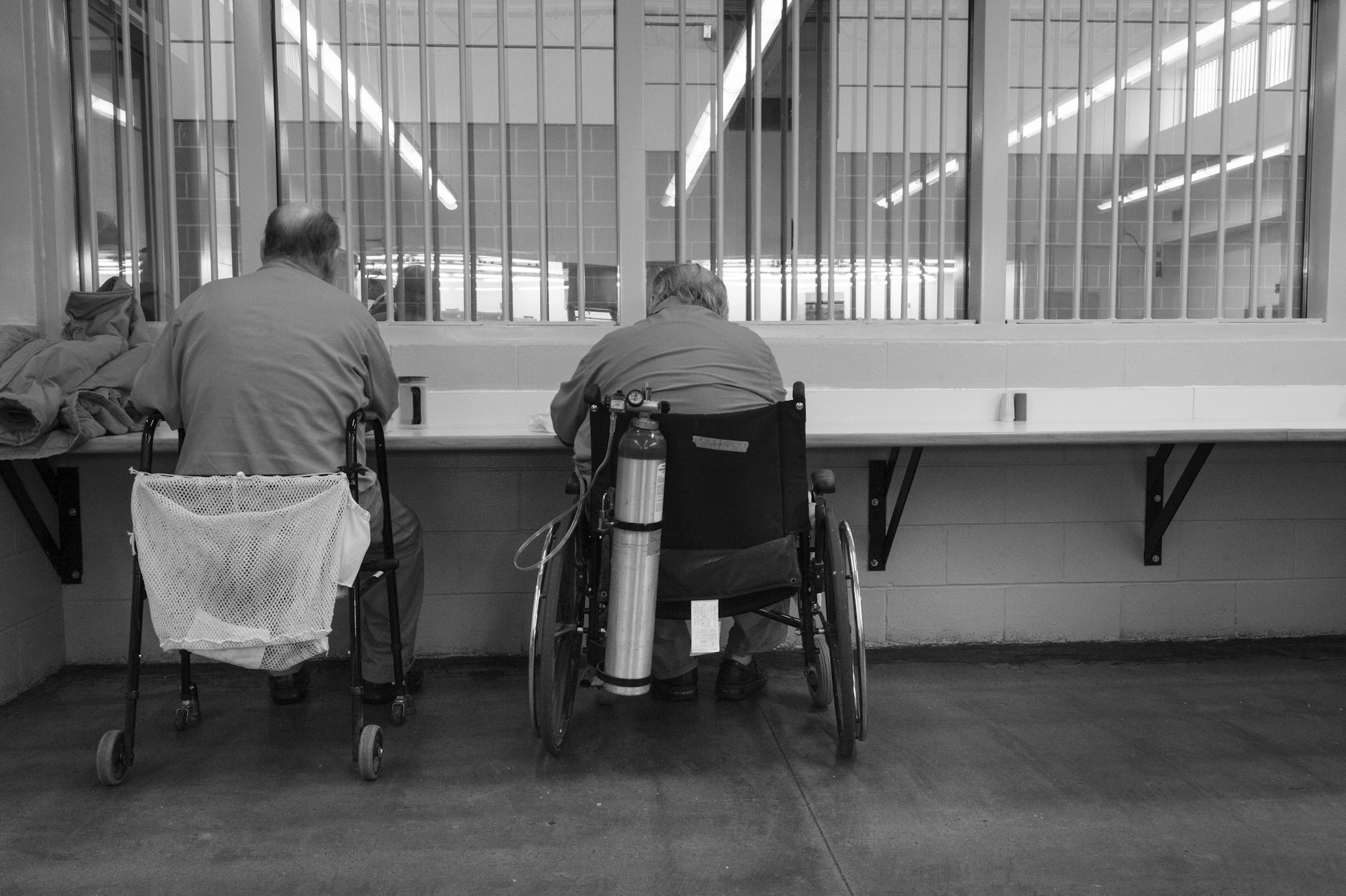Workplace Well-being Has Declined In The Us

Workplace well-being across the United States has steadily declined in recent years as employers have scaled back the supportive, flexible climates they implemented in response to the COVID-19 pandemic, according to a new report.
An annual survey of more than 1.5 million individuals at over 2,500 organizations in the US found that workplace well-being from 2019 through 2023 spiked at the start of the pandemic in 2020 and has since regressed as workers have returned to offices and lost some of the flexibility that had provided work-life balance.
The survey is detailed in a report from the Johns Hopkins Carey Business School’s Human Capital Development Lab.
Female, African-American, and younger employees all scored lower in well-being than colleagues who were male, white, and older, according to the survey. The survey’s findings regarding gender and race highlight a worrisome gap that supports “the ongoing need for organizations to address equity, inclusion, and belonging for all employees,” the report states.
While all surveyed industries experienced the same downward trend, the health care, retail, and hospitality sectors recorded the lowest levels in workplace well-being.
“The COVID pandemic heightened employers’ awareness of the importance of well-being, and many of the best organizations worked to create a positive work climate,” says Michelle Barton, a Carey Business School associate professor and coauthor of the study. “The challenge now, will be to integrate those practices into everyday work life, rather than simply as a crisis response.”
The research—conducted in partnership with Great Place To Work—measured key dimensions for fostering corporate climates of well-being: “mental and emotional support,” “sense of purpose,” “personal support,” “financial health,” and “meaningful connections.”
Companies with high levels of well-being prove what the survey and other research has shown for years: “Proactively addressing employee well-being makes good business sense,” the report states. “Poor mental and physical health in a workforce can erode profits through higher turnover, decreased engagement, reduced customers service, and increased health care costs.”
One problem: Executives and managers reported higher levels of well-being, which leaves many of them “out of touch with their employees.”
“Improving employee well-being can be complex—our research highlights a need for leaders to address organizational culture factors coupled with a more nuanced management approach to create a climate of well-being for all,” says Rick Smith, faculty director at the Human Capital Development Lab and coauthor of the study.
Leaders who enjoyed a “great deal” of confidence from employees and who continued to allow flexible and remote work options enjoyed a higher level of workplace well-being.
The survey found the highest levels of well-being at companies that prioritized “trust in leadership, pride in work, and connections among colleagues,” the report states.
“By involving employees in decision-making processes, fostering fair management practices, encouraging work-life balance, and connecting employees to meaningful work, organizations can create a positive workplace culture conducive to employee satisfaction and productivity,” the report states.
Source: Maggie Ward for Johns Hopkins University
The post Workplace well-being has declined in the US appeared first on Futurity.


